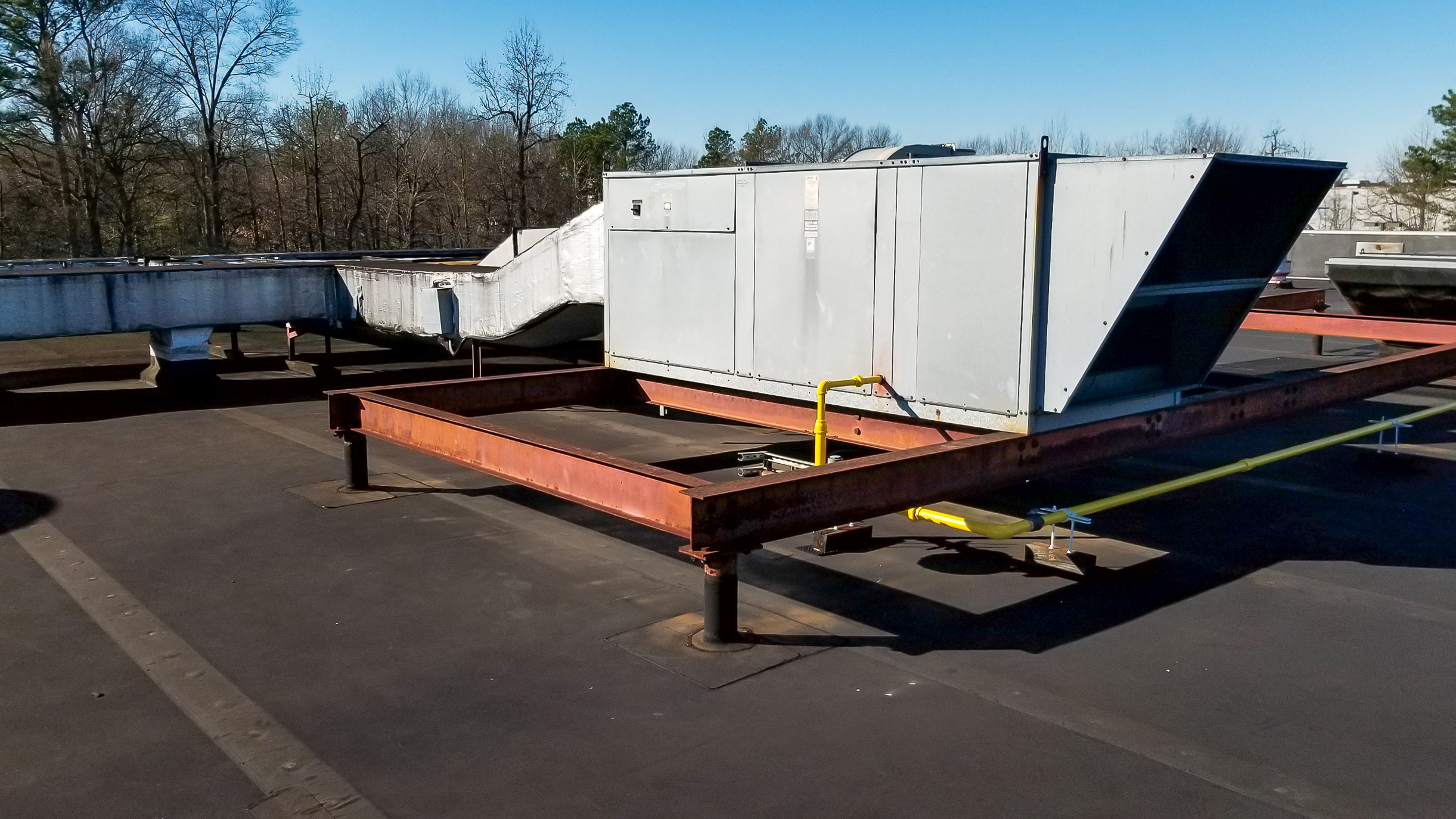Have you ever entered a building and noticed a difficulty with opening the door followed by a rush of air moving inside? That rush of air is known as Negative Air Pressure. Typically, it is caused by a building’s HVAC system(s) exhausting more air than what is brought into the building from outside air inlets. Negative air pressure is usually most noticeable in extremely cold weather or hot, humid weather as that’s when your HVAC system is already at its max capacity.
When a building is negative, it will pull outdoor air through every opening, crack, and crevice; this air is unconditioned and unfiltered. Businesses like restaurants are even more susceptible to this as they have large exhaust systems for cooking. Often, the makeup air is turned off or not supplying the correct amount of air to keep the building in a positive pressure.
Negative air pressure causes occupants to be uncomfortable and significantly increases energy consumption. It is important to understand if your building is positive or negative, as this may help you know why you are getting occupant complaints and experiencing high energy consumption.
To avoid negative air pressure from occurring, outside air dampers on HVAC system(s) need to be opened more. This adjustment will allow the proper amount of outdoor air to replace the exhaust air. The dampers need to be opened to the degree that they will allow a little bit of extra air through – doing this will maintain Positive Air Pressure within the building.
When a building is in a positive pressure, which is desired, air will exit through doors and any openings. Instead of letting in unfiltered air from the outside, this is the air that has been filtered and conditioned by traveling through the HVAC system.
If you are looking to take care of a negative air pressure problem in your building, then you might be interested in HVAC services from ColonialWebb.




